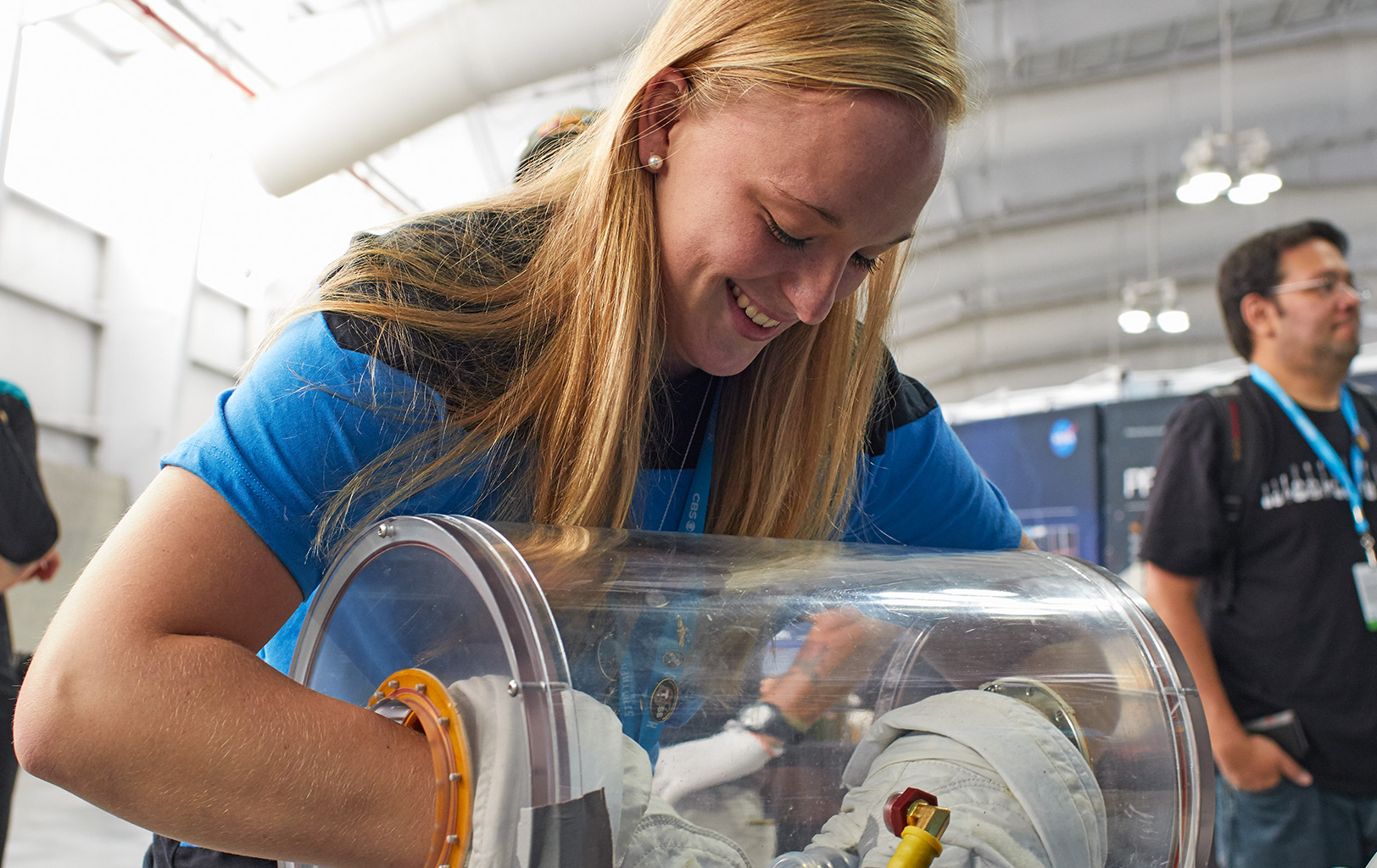Vega rocket launching on return-to-flight mission tonight: Watch it live
Vega hasn't flown since suffering a failure in July 2019.

Arianespace's Vega rocket is scheduled to fly tonight (Sept. 2) for the first time in more than a year.
The four-stage Vega last launched in July 2019, and that mission did not go well. The 98-foot-tall (30 meters) rocket's second-stage motor suffered an anomaly, resulting in the loss of the Vega and its payload, the United Arab Emirates' Falcon Eye 1 Earth-observation satellite.
But Vega is set to end its long spaceflight hiatus in grand style. The rocket's return-to-flight mission, which will deliver 53 satellites to orbit, is scheduled to launch tonight (Sept. 1) from the Guiana Space Center in South America at 9:51 p.m. EDT (10:51 p.m. local time; 0151 GMT on Sept. 3). You can watch the action live here at Space.com, courtesy of Arianespace, or directly via Arianespace on YouTube.
Related: Europe's Vega rocket in photos
Tonight's mission is known as both the Small Spacecraft Mission Service proof-of-concept flight and Flight VV16. It will loft into sun-synchronous orbit seven microsatellites that weigh between 33 lbs. and 330 lbs. (15 to 150 kilograms), as well 46 smaller cubesats.
The payloads, which represent 13 nations and 21 different customers, are intended for Earth observation, telecommunications, science, technology and education. All 53 satellites will be deployed by about 1 hour and 45 minutes after launch, if all goes according to plan.
Initially scheduled to launch on June 18, Flight VV16 has been delayed several times due to unfavorable wind conditions at the Guiana Space Center. The current launch window runs from tonight through Friday (Sept. 4), according to a statement from France-based Arianespace.
Breaking space news, the latest updates on rocket launches, skywatching events and more!
"With this mission, Arianespace is underscoring its comprehensive range of innovative and competitive services to address the nano- and microsatellite market sub-segment, serving both institutional and commercial needs," the statement reads.
Arianespace plans to launch more such rideshare missions using its next-generation launcher, Vega-C, which offers enhanced payload performance, company representatives said.
Follow Samantha Mathewson @Sam_Ashley13. Follow us on Twitter @Spacedotcom and on Facebook.

Samantha Mathewson joined Space.com as an intern in the summer of 2016. She received a B.A. in Journalism and Environmental Science at the University of New Haven, in Connecticut. Previously, her work has been published in Nature World News. When not writing or reading about science, Samantha enjoys traveling to new places and taking photos! You can follow her on Twitter @Sam_Ashley13.
